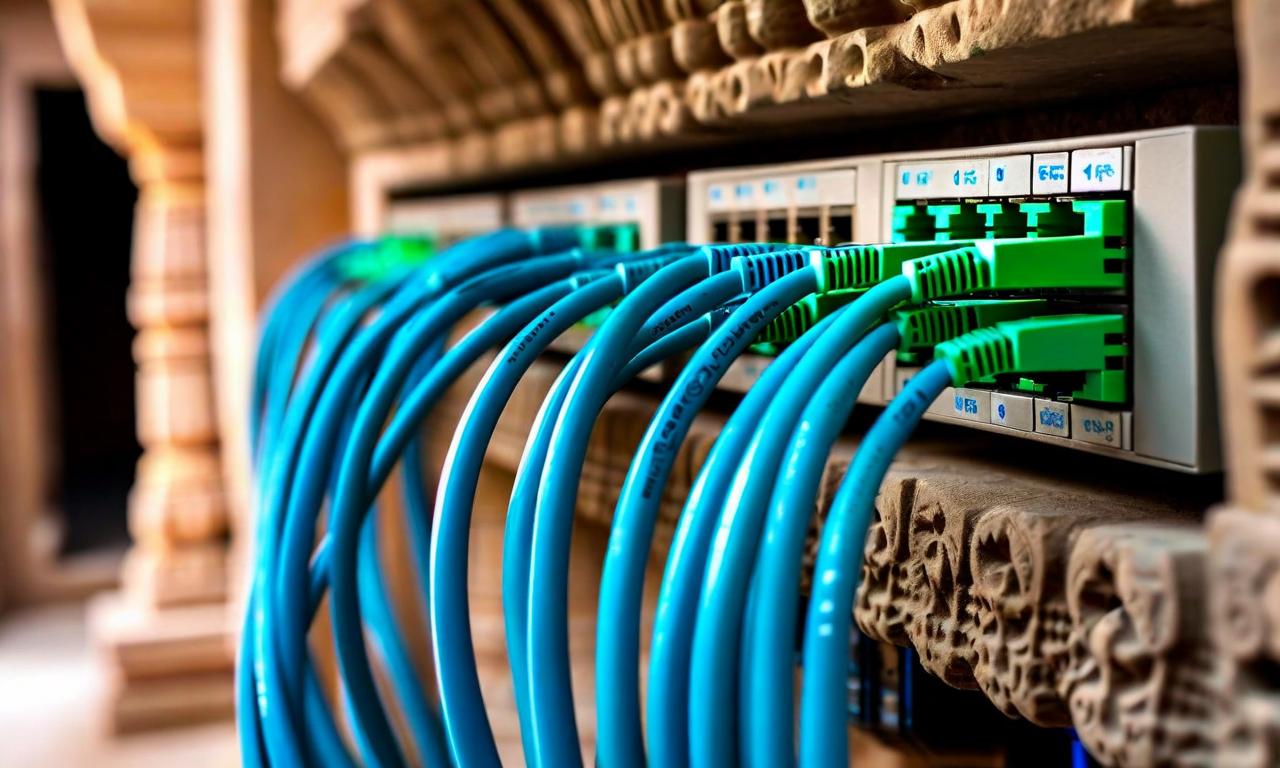Indian Pharma Stocks Decline as Trump Announces 25% Additional Tariff on Indian Exports
Indian pharmaceutical company shares fell after US President Trump announced an additional 25% tariff on Indian exports, potentially raising the total to 50%. While pharma is currently exempt, Trump hinted at future duties on drug exports. Nifty Pharma dropped 0.66%, underperforming the Nifty 50. Major pharma companies saw declines, except Lupin. The US is a key market for Indian drugmakers, with generic medicines currently attracting zero tariffs. If the 50% tariff extends to pharmaceuticals, it could significantly impact Indian firms' margins and competitiveness in the US market.

*this image is generated using AI for illustrative purposes only.
Indian pharmaceutical company shares fell on Thursday following US President Donald Trump's announcement of an additional 25% tariff on Indian exports to the United States, raising the total rate to 50%. While the pharma sector remains exempt currently, Trump indicated that duties on drug exports are likely to be introduced soon.
Nifty Pharma dropped 0.66% intraday, underperforming the benchmark Nifty 50 which fell 0.46%. Major companies including Zydus Life, Sun Pharma, Dr. Reddy's Laboratories, Cipla, Divi's Laboratories, Aurobindo Pharma, and Biocon declined, while Lupin rose 0.20% against the trend.
The US is a key market for Indian drugmakers, with generic medicines currently attracting zero tariffs under reciprocal trade measures. However, this exemption is under review by the US Department of Commerce. If the proposed 50% tariff extends to pharmaceutical exports, it could significantly impact margins and competitiveness for Indian firms.
Impact on Indian Pharma Companies
The potential inclusion of pharmaceuticals in US tariffs could have several implications for Indian drug manufacturers:
Market Access Challenges: Indian pharmaceutical companies may face difficulties in maintaining their competitive edge in one of the world's largest pharmaceutical markets.
Cost Pressures: The introduction of tariffs could force Indian pharma firms to either absorb the additional costs or pass them on to US consumers, potentially affecting drug prices in the American market.
Investor Uncertainty: The possibility of tariffs has introduced an element of uncertainty that may impact investor confidence in Indian pharmaceutical stocks.
Significance for India-US Trade Relations
This development is significant in the broader context of India-US trade relations:
- It highlights the pharmaceutical sector as a potential point of contention in bilateral trade negotiations between the two countries.
- The decision could affect the role that Indian pharmaceutical companies play in the global healthcare supply chain, particularly in providing affordable medicines to the US market.
Industry Reaction
While specific comments from industry leaders are not available, the stock market reaction suggests concern within the sector. The decline in pharmaceutical stocks indicates that investors are factoring in the potential impact of these tariffs on the industry's performance.
Looking Ahead
As global trade dynamics continue to evolve, Indian pharmaceutical companies will need to closely monitor developments in US trade policy. The industry may need to explore strategies to mitigate the potential impact of tariffs, such as diversifying markets or considering local manufacturing options in the US.
The pharmaceutical industry remains a key component of India's export basket, and any changes in trade policies could have significant implications for its position in the global pharmaceutical supply chain, particularly in the critical US market.


























